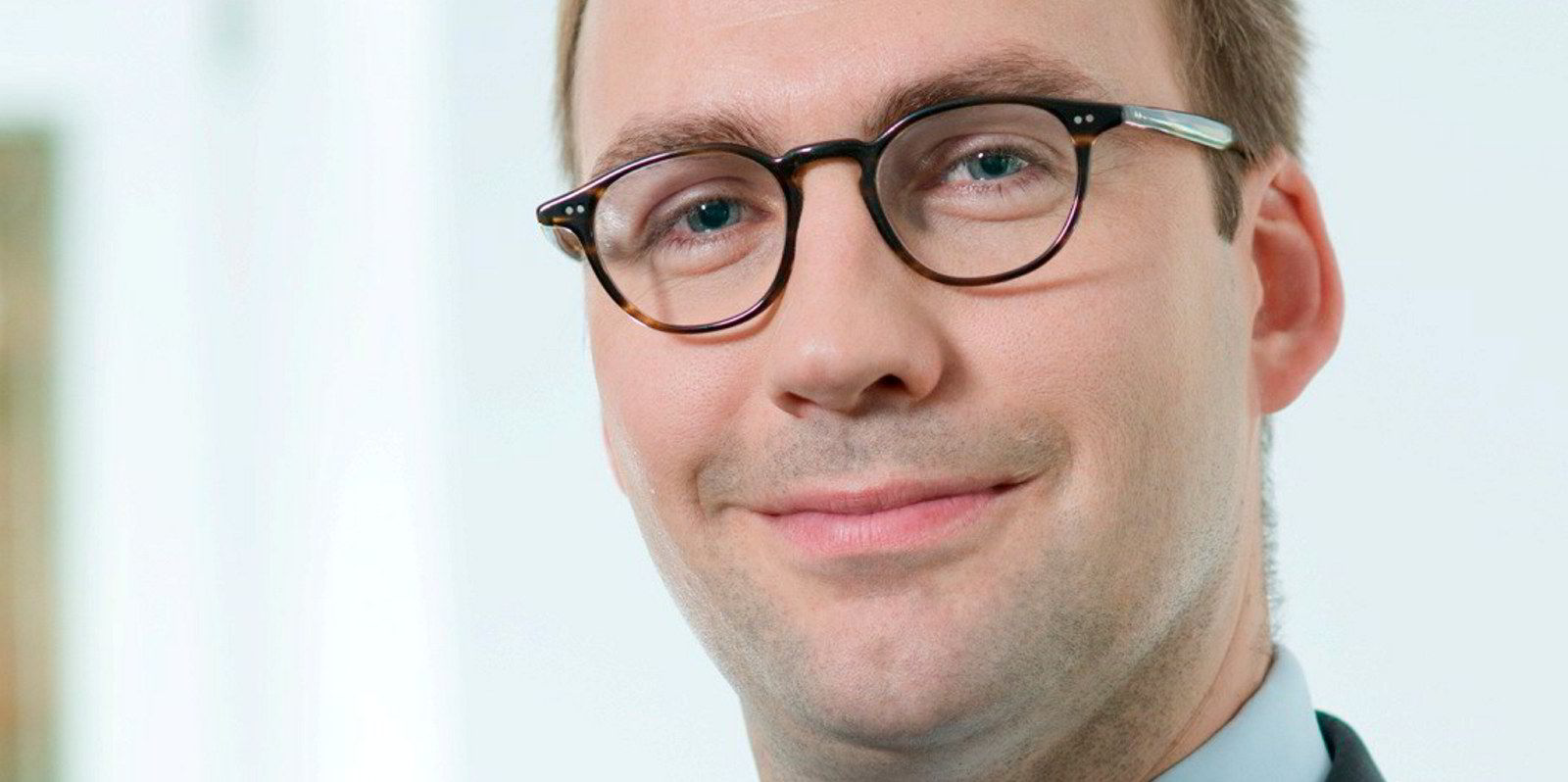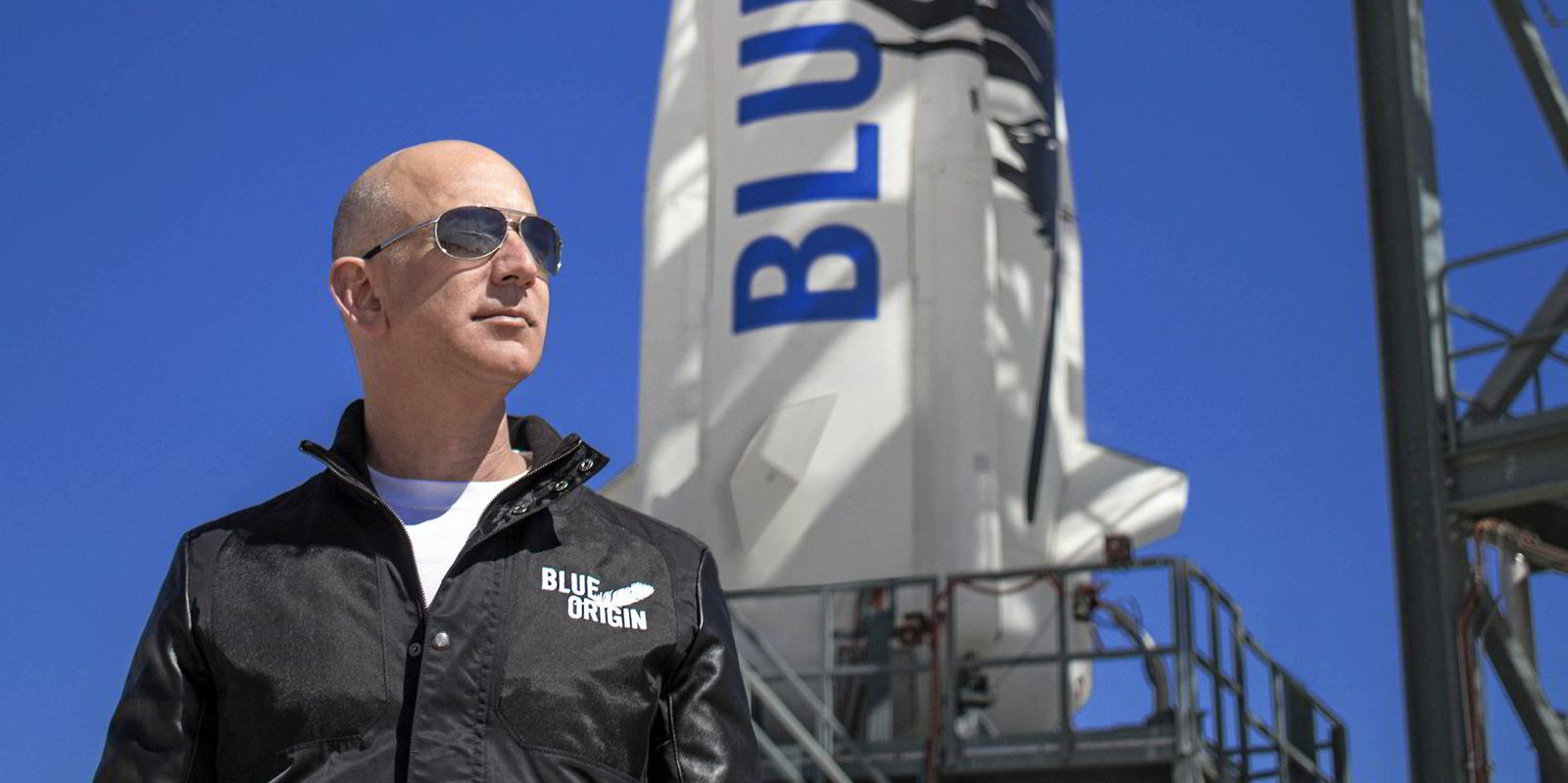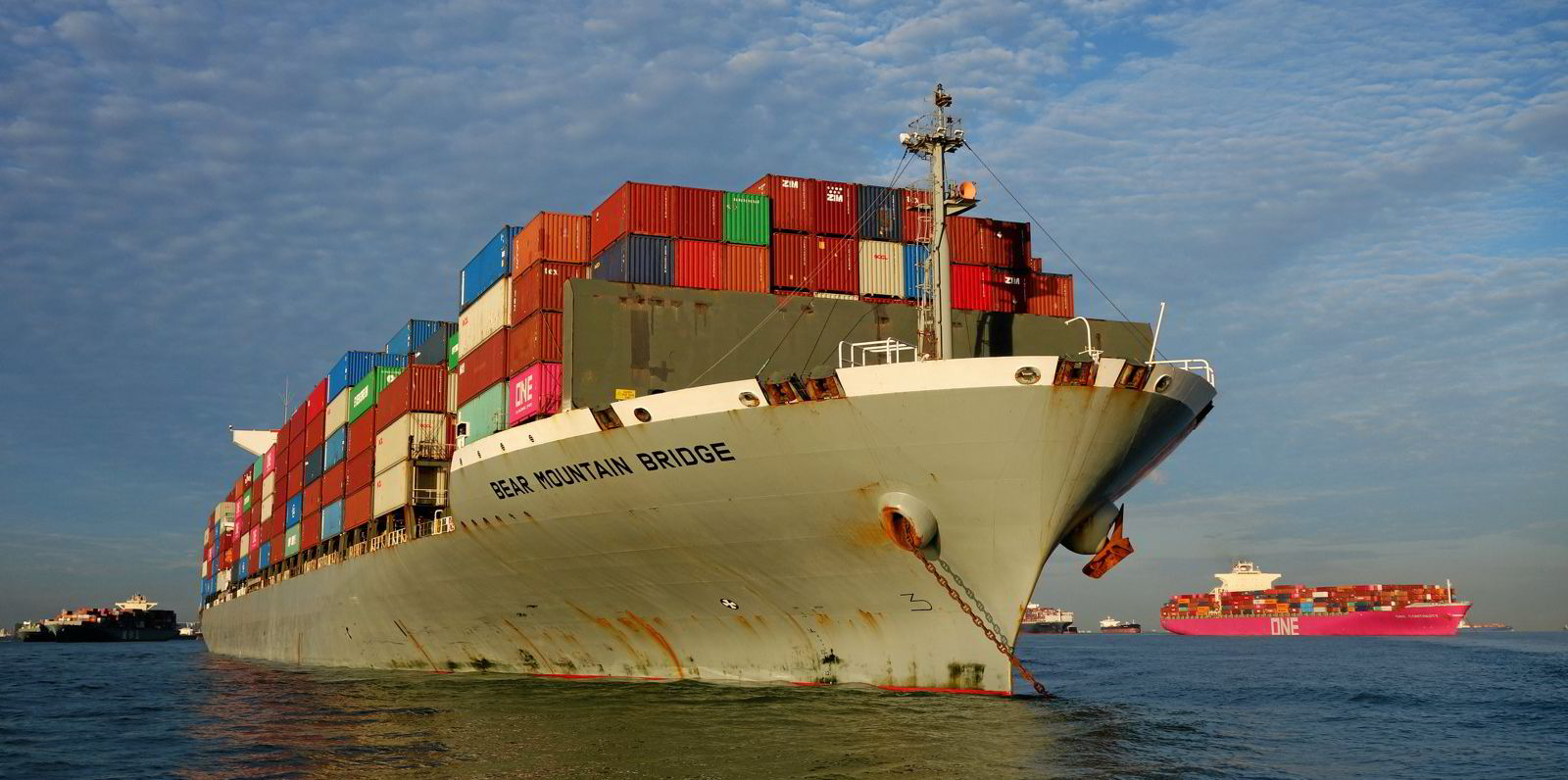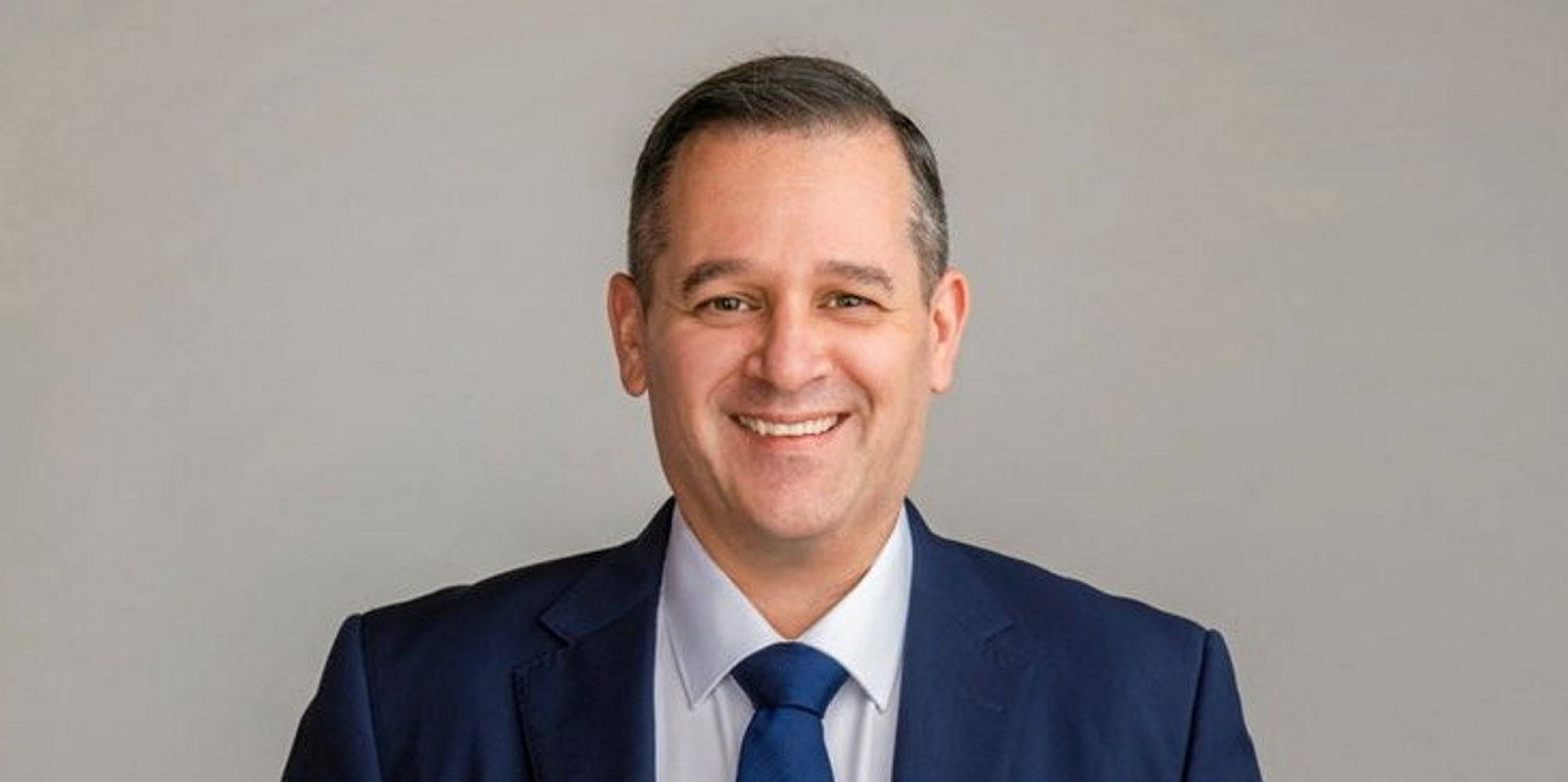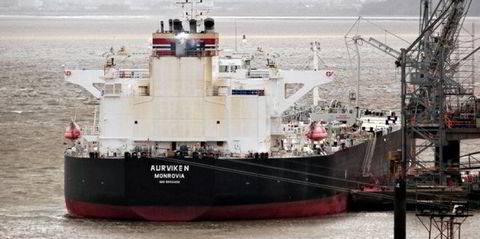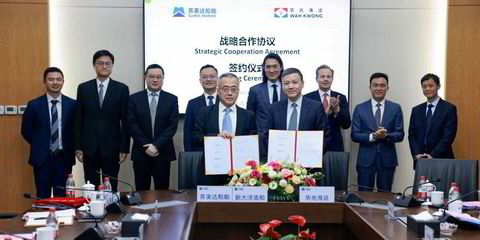Germany's MPC Container Ships (MPCC) is entering what it calls a new era of returning cash to shareholders after agreeing to sell six ships and fix new finance.
The Oslo-listed feeder vessel specialist wants to increase its balance sheet flexibility and start paying dividends next year.
The company has agreed to offload six unnamed vessels of between 1,000 teu and 1,500 teu for $135m in total.
This has been done to "optimise the fleet composition take advantage of historically high containership asset prices," MPCC said.
The price implies a significant premium to the current MPCC share price, the company added.
The $135m figure is well above Fearnley Securities' charter-free valuation of $120m.
"Clearly, this underscores the underlying values in MPCC," the investment bank said.
The fleet will number 68 ships after the transactions close.
MPCC has also arranged a new bank facility worth $180m with Hamburg Commercial Bank (HCOB) at Libor plus 3.35%, which it called an attractive rate.
The five-year package comprises a $130m term loan and a revolving credit facility of $50m.
Chief executive Constantin Baack said: "We have executed on various measures in order to become a low leverage and high dividend paying stock."
"The new financing with HCOB constitutes another important step of optimising the balance sheet structure, reducing our cost of debt and extending debt maturities into 2026," he added.
Flexible and unencumbered
Baack believes the company now has high flexibility and optionality based on more than 30 unencumbered vessels following the refinancing.
The bank and sales cash will go towards renewing acquisitions loans from Norwegian lender DNB, as well as paying off a $204m bond in full.
"Following our strategy of prudent and rational capital allocation, these measures are important steps for MPCC to transition from a growth phase to a very strong value proposition of significant cash generation, good earnings visibility with strong dividend capacity and a low risk profile," the CEO said.
"We are very pleased that the company is now well positioned to return capital to its shareholders," Baack added.
MPCC added in a statement that it "expects to enter a new era of returning capital to shareholders as of first quarter 2022 by distributing up to 75% of net profit by way of dividends and/or share buybacks."
Fearnley Securities said the bond had been "keeping a lid" on dividends.
The investment bank had been modelling a pay-out of 50% of earnings from the first three months.
The dividend would amount to 55 cents for 2022 and about 60 cents for 2023, around 50% of the current market cap combined over the two years, Fearnleys added.
New term deals
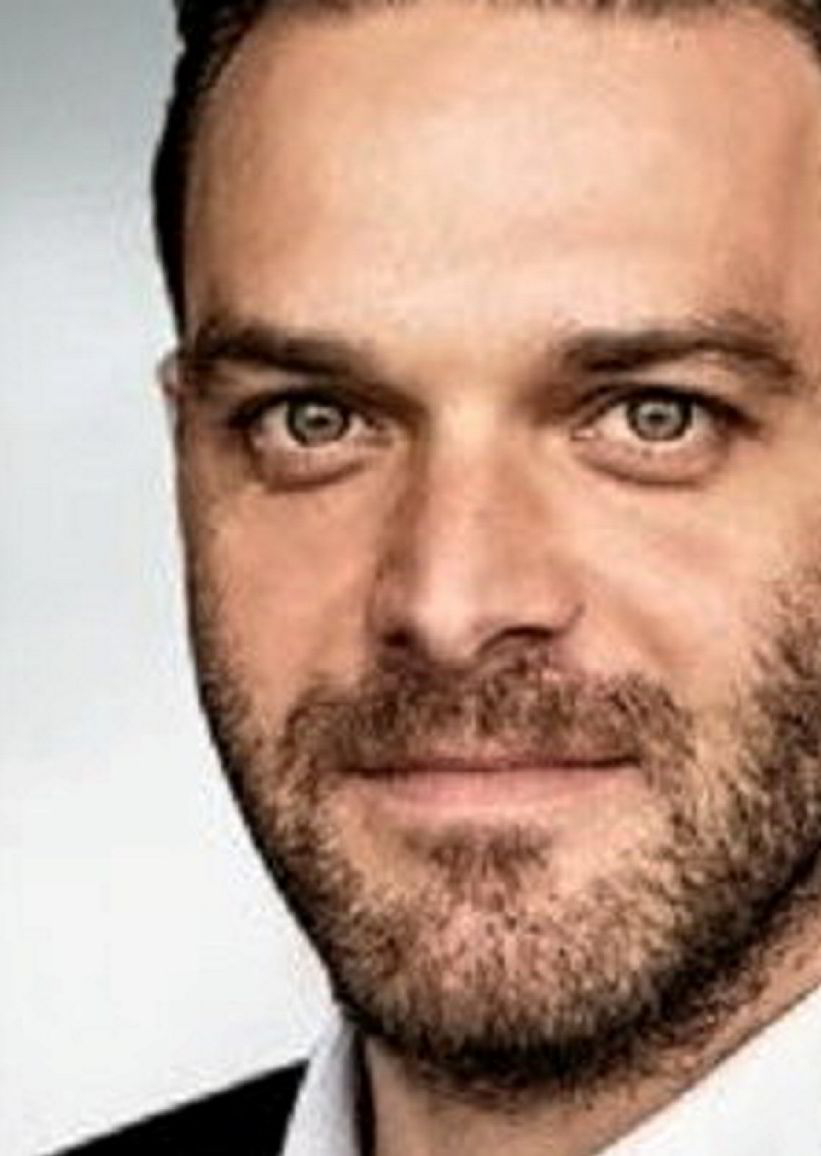
The owner has also fixed seven more ships on long-term deals at attractive rates in a continuously strong market, the company said.
The Ebitda backlog has been lifted to $700m as a result.
The charters mean the owner has now booked 13 ships on term deals for far this year.
Fearnleys calculates an average duration of 34 months at $36,400 per day.
The investment bank sees likely Ebitda additions of $60m in the fourth quarter and between $100m and $200m in the first three months of next year.
With a "conservative" scrap assumption at $350 per ldt, Fearnleys considers the enterprise value of MPCC "essentially covered."
Positive move
"Overall, this is a major development for MPCC and in our view solely a positive one," analysts Peder Nicolai Jarlsby, Erik Gabriel Hovi and Ulrik Mannhart said.
MPCC's fleet was worth $2.4bn before the sales.
In September, the company sold the 1,496-teu AS Riccarda (built 2012) to Mediterranean Shipping Co for $26m, TradeWinds reported.
This followed two other disposals in August.
MPC bought the Riccarda in 2018 for $11.8m.
The owner is not listed as acquiring any ships this year.
In August, MPCC upgraded its earnings forecast for the third time in 2021.
The company has virtually doubled its earnings guidance with expected Ebitda in the range of $210m to $215m.
That compares with earlier forecasts of $120m and $140m in April and $90m to $110m in February.
